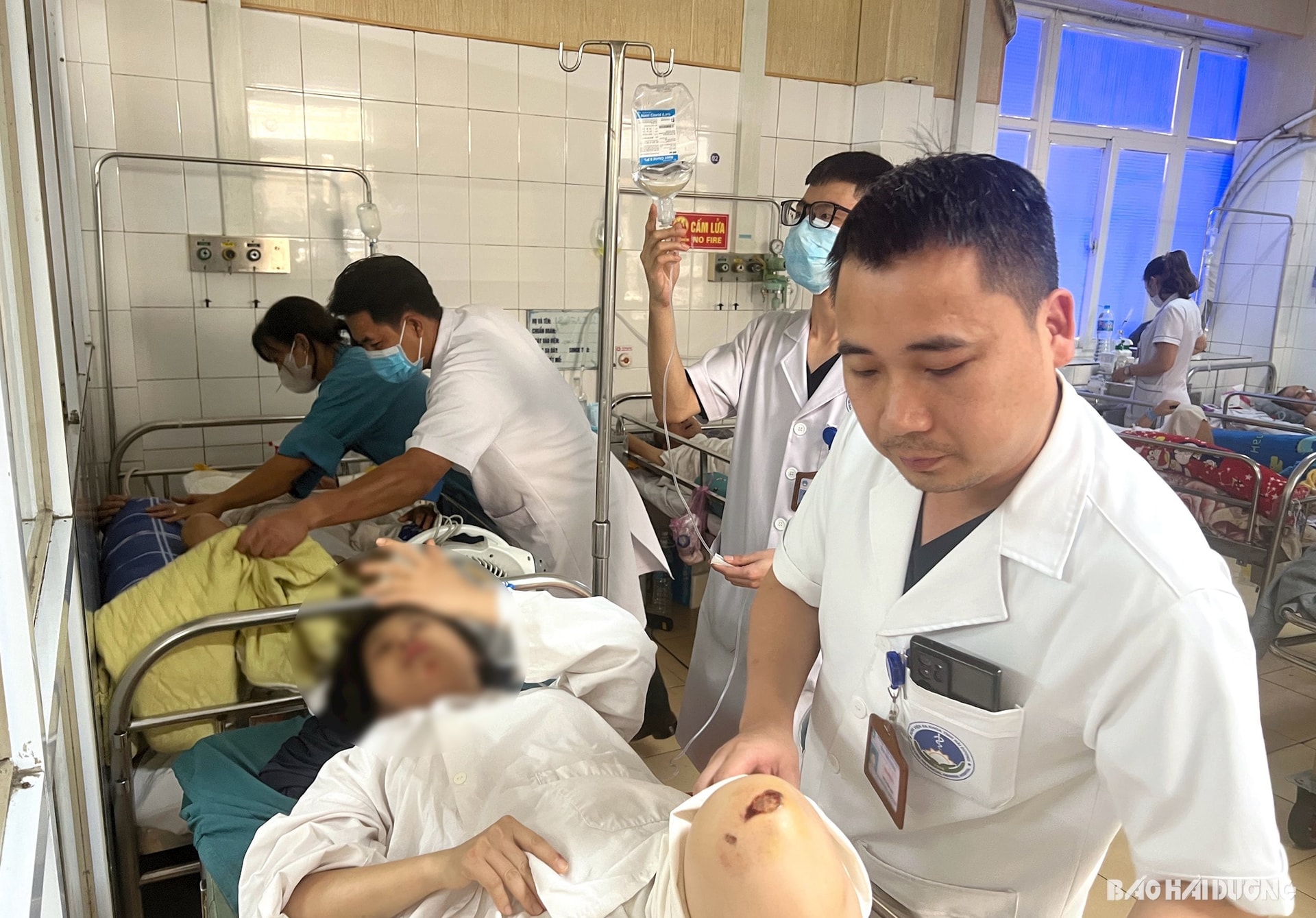The Ministry of Health proposed to increase surgical allowances and on-call allowances for medical staff by 2-3 times because the current levels are too low and no longer suitable for the current economic and living situation.

The Ministry of Health is seeking comments on a draft Government Decree stipulating a number of special allowance regimes for civil servants, public employees, and workers in public health facilities, anti-epidemic allowance regimes; support regimes for village and residential group health workers and village and hamlet midwives, expected to be submitted to the Government for consideration and promulgation in June 2025.
Currently, allowances for doctors and nurses are applied according to Decision 73 issued in 2011. However, the Ministry of Health believes that these allowances have become "too low and no longer suitable for the current economic situation and living conditions". Over the past 13 years, the basic salary has been adjusted up 8 times, currently reaching 2,340,000 VND/month, but allowances have not been adjusted accordingly.
In fact, many on-duty doctors and surgeons have complained that the current allowance is not commensurate with their workload and effort. According to current regulations, the on-duty salary of a doctor at a Grade I hospital is only VND115,000 for a 24-hour shift, plus VND15,000 for meals.
At Viet Duc Hospital, a special surgery usually lasts from 4 to 6 hours, and some surgeries last more than 8 hours, such as heart surgery or organ transplants. However, the main doctor is only supported with 280,000 VND for the entire surgery, while the assistant surgeons or anesthesiologists receive a stipend of 200,000 VND.
Therefore, according to the Ministry of Health, adjusting the specific allowance level to ensure compliance with the new minimum wage is consistent with reality, ensuring a minimum living standard and wages for workers when performing their duties.
For 24/7 on-call fees, the ministry proposed to adjust the fee from 115,000 VND/person/shift to 325,000 VND for grade I and special hospitals. Grade II hospitals increased from 90,000 VND to 255,000 VND. The remaining hospitals increased from 65,000 VND to 185,000 VND. Commune health stations were also adjusted to triple the fee from 25,000 VND to 70,000 VND.
For on-duty staff in special departments and areas such as emergency resuscitation, anesthesia resuscitation surgery, neonatal resuscitation, intensive care, emergency, anti-poisoning, organ transplantation, care of premature newborns, delivery rooms... at special-class, class I, class II hospitals or out-of-hospital emergency facilities, the on-duty allowance will be 1.5 times the level specified above.
On duty on weekly days off, the allowance is 1.3 times the normal rate. On duty on holidays and Tet, the allowance is calculated at 1.8 times the prescribed rate.
The Ministry of Health also proposed to increase the allowance for surgery and procedures by 2-3 times. Specifically, the main surgeon of a special surgery has an allowance of 280,000 VND, which is proposed to increase to 790,000 VND. For type I, type II, and type III surgeries, the allowance for the main surgeon is 355,000, 185,000, and 140,000 VND, respectively.
The anesthesiologist or the main anesthetist in a special surgery currently receives 280,000 VND. According to the proposal, this allowance will increase to 565,000 VND. For type I, type II, and type III surgeries, the allowance for this group is 255,000, 140,000, and 85,000 VND, respectively. Similarly, the surgical assistant; the anti-epidemic allowance will also be increased about three times compared to the current level.
Recently, the Ministry of Health and local voters have continuously proposed to increase the on-call allowance for doctors and nurses. Deputy Minister of Health Nguyen Tri Thuc said that the current allowance for medical staff has been implemented for more than 10 years and is "no longer suitable". Medical staff work without days off, work at high intensity for long periods of time, while salaries and allowances only partially cover their living needs, not commensurate with the nature of their work and the training process.
According to statistics from the Ministry of Health, from the beginning of 2021 to mid-2022, nearly 10,000 medical staff nationwide quit their jobs, most of which were in Ho Chi Minh City, Hanoi, Dong Nai, Binh Duong, An Giang, and Da Nang. One of the main reasons is economic pressure, low income, and the desire to find a better working environment.
TB (summary)